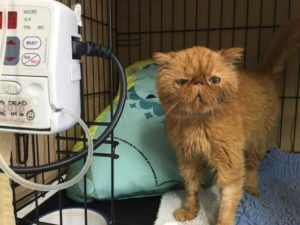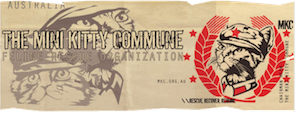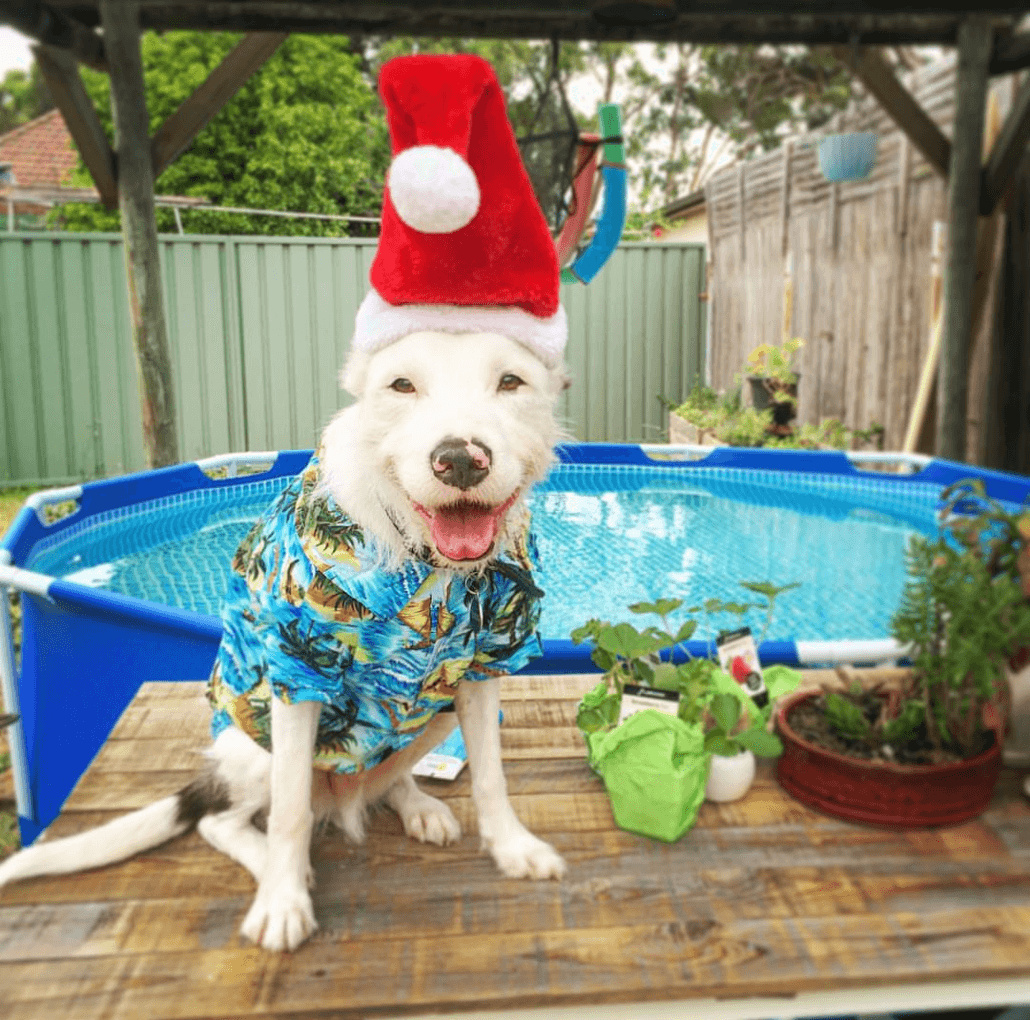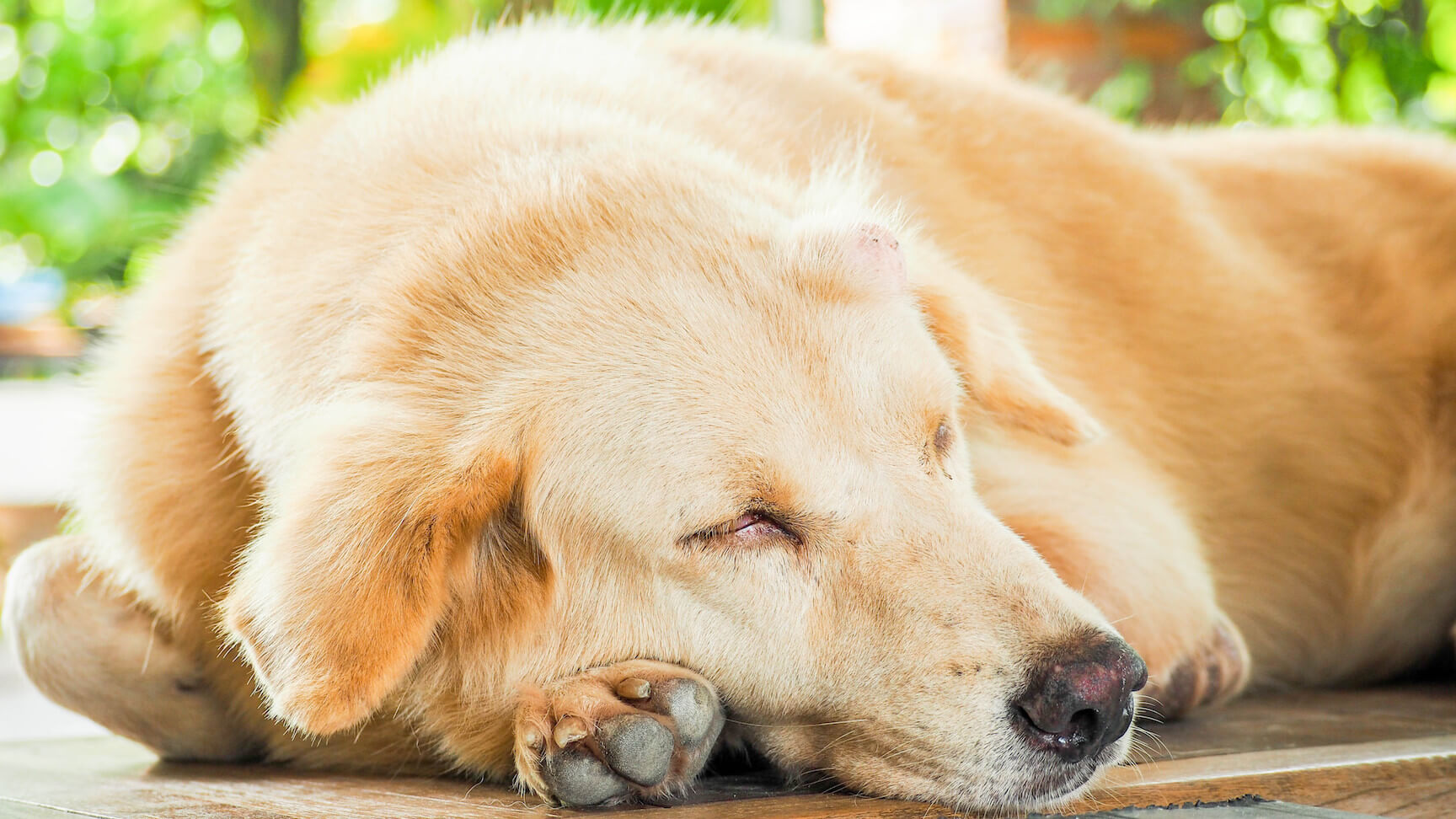How to keep your indoor cat happy
A common misconception with pet owners is that cats are low maintenance and anti-social – this could not be further from the truth! They may have a different way of expressing their needs to their canine counterparts but cats thrive on social interaction.
These days more and more people are choosing to keep their cats indoor to protect them from fighting, decrease risk of injury and getting hit by a car, and to protect them from infectious disease such as FIV. There is nothing wrong with keeping your cat indoors, especially if you live in a high traffic area- however, the challenge of doing such is to ensure they receive the environmental stimulation they need to avoid getting bored.
Cats have a need to exhibit hunting behaviour- to play and to explore. When necessary they should also be able to find a place where they can retreat and hide.
Here are a few tips and tricks to help you keep your indoor cat stimulated:
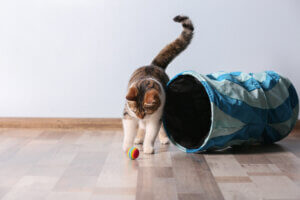 Play time:
Play time:
Cat owners should dedicate time daily to play with their cats. A variety of toys are needed, with different textures, colours and shapes. Using different toys each time you play can also help motivate your cat. This is a great way to get your furry friend using their natural instincts in a safe environment!
You can also encourage movement by installing climbing shelves to give your cat the option to get up high and survey their domain 🙂 There is a Facebook group dedicated to people sharing their DIY indoor cat projects if you need some inspiration
Scratching:
Who could forget a scratching post? This is a necessity for all cats, especially indoor cats. Scratching is a natural instinct for our furry friends and it is very important that your cat can do this regularly. This also protects your carpets and furniture from any possible damage. You can use catnip spray on these areas to encourage use.
Hunting:
The feline desire to hunt is natural and instinctive. Regardless of how much food you feed them, your cat will always have a hunting instinct. If something moves rapidly or squeaks with a high pitch noise, this will trigger a reaction. You can purchase toys that imitate real prey through size, texture, colour and sound. This helps to fulfil the social and natural needs that are essential to our furry family members.
Make food time fun:
While cats do not find any benefit in specific meal times, fun puzzle feeders or feeder toys can be a great way to keep portion sizes in control and promote their natural scavenging behaviour. It is beneficial to make your cat work for their food through these toys or by scattering food bowls around the house for them to find.
Getting some fresh air: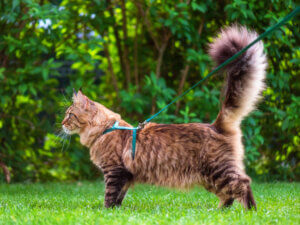
For the owners who like to offer their cat some time outside, there are the lead and harness options. However, it can be difficult for cats to enjoy or learn to walk on a lead. It is best to introduce this type of walking early on when they are kittens so that they can get used to this approach. You can also purchase outdoor cat enclosures, ideally a pen, that keeps them outdoors and safe. Remember that if your cat is having outdoor access even if on a lead, it is important to stay up to date with flea and worming preventatives.





